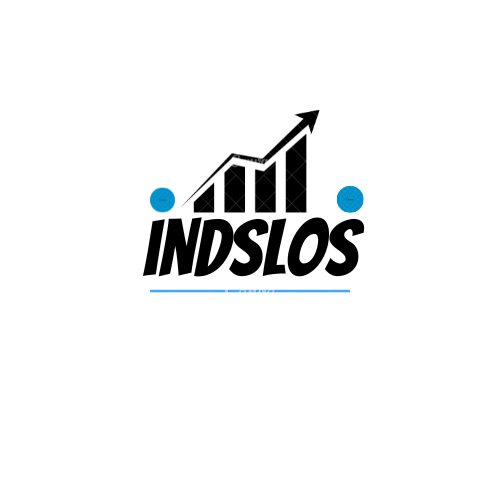
Tax Benefits of Health Savings Accounts (HSAs)
A Health Savings Account (HSA) is a tax-advantaged savings account that you can use to pay for qualified medical expenses. HSAs are available to people who have high deductible health plans (HDHPs).
Here are some of the tax benefits of HSAs:
- Contributions are tax-deductible. You can contribute money to your HSA on a pre-tax basis, which means that you can deduct your contributions from your taxable income.
- Earnings grow tax-free. Any money that you earn on your HSA investments is also tax-free.
- Withdrawals are tax-free for qualified medical expenses. You can withdraw money from your HSA to pay for qualified medical expenses at any time, and these withdrawals will be tax-free.
- Unused funds roll over year to year. Any money that you don’t withdraw from your HSA in one year will roll over into the next year. This means that you can accumulate money in your HSA over time, and you can use it to pay for medical expenses in the future.
HSAs can be a great way to save money on your health care costs. If you have an HDHP, you should consider opening an HSA.
How to Open an HSA
You can open an HSA through a variety of financial institutions, such as banks, credit unions, and insurance companies. To open an HSA, you will need to provide some basic information, such as your name, address, and Social Security number. You will also need to provide information about your health insurance plan, including the name of your insurance company, the type of plan you have, and your deductible.
Once you have opened an HSA, you can start making contributions. You can contribute to your HSA on a monthly or annual basis. The maximum amount that you can contribute to your HSA each year depends on your age and the type of health insurance plan you have.
How to Use Your HSA
You can use your HSA to pay for any qualified medical expenses. Qualified medical expenses include things like doctor’s visits, prescription drugs, and medical insurance premiums. You can also use your HSA to pay for qualified dental and vision expenses.
If you use your HSA to pay for qualified medical expenses, your withdrawal will be tax-free. You will not have to pay any income taxes, Social Security taxes, or Medicare taxes on your withdrawal.
How to Keep Track of Your HSA
It is important to keep track of your HSA contributions and withdrawals. You can do this by keeping a copy of your HSA statements. You should also keep a record of all of your qualified medical expenses. This will help you to avoid any problems if you are audited by the IRS.
Conclusion
HSAs can be a great way to save money on your health care costs. If you have an HDHP, you should consider opening an HSA. HSAs offer a number of tax benefits, and you can use the money in your HSA to pay for qualified medical expenses at any time.









Leave a Reply